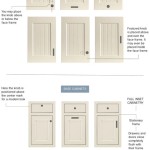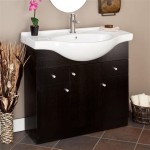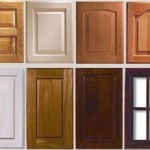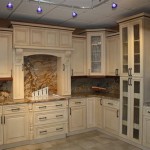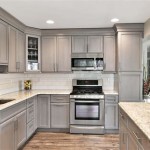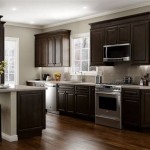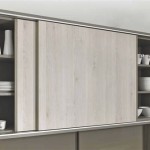Size for Cabinet Pulls: A Guide to Choosing the Right Fit
Cabinet pulls are an essential part of any kitchen or bathroom remodel. They serve both a functional and aesthetic purpose, allowing you to easily open and close cabinets while adding a touch of style to your space. When selecting cabinet pulls, one crucial factor to consider is size. The right size pull can enhance the overall look of your cabinets, while the wrong size can make them appear awkward or out of place. This article will explore the key considerations for determining the appropriate size for your cabinet pulls.
Factors Influencing Size:
Several factors influence the ideal size for cabinet pulls, including:
- Cabinet Size: The size of your cabinets plays a significant role in determining the appropriate pull size. Larger cabinets generally require larger pulls for a balanced appearance. Conversely, smaller cabinets may look cluttered with oversized pulls.
- Door Style: Different cabinet door styles are suited to varying pull sizes. For instance, shaker-style doors often look best with smaller pulls, while raised panel doors might complement larger pulls.
- Personal Preference: Ultimately, your personal preference should guide your decision. Some individuals prefer smaller, more subtle pulls, while others may opt for larger, more statement-making options.
Determining the Appropriate Size:
No hard and fast rules dictate the perfect pull size. However, some general guidelines can help you choose an appropriate option:
Standard Sizes: Cabinet pulls are typically available in various standard sizes, typically measured in inches. Common sizes include 3", 4", 5", and 6".
Length vs. Width: The length of a pull is often the most important factor. It refers to the horizontal distance between the mounting points. The width, or the vertical distance between the top and bottom of the pull, is typically less crucial.
Visual Balance: Aim for a pull that is proportionate to the size of the cabinet door. A good rule of thumb is to choose a pull that is roughly one-third the width of the cabinet door for a balanced aesthetic.
Tips for Choosing the Right Size:
To ensure you select the appropriate size for your cabinet pulls, consider the following tips:
- Measure Your Cabinets: Before purchasing pulls, measure the width of each cabinet door. This will help you determine the ideal pull length.
- Consider the Style: Take into account the style of your cabinet doors. Shaker-style doors generally suit smaller pulls, while raised panel doors may look better with larger options.
- Visualize the Look: It might be helpful to visualize the pulls on your cabinets before making a purchase. You can use online design tools or create a mock-up using cardboard or paper.
- Try Before You Buy: If possible, try out different pull sizes and styles in a showroom or home improvement store. This allows you to get a feel for how they will look on your cabinets.
By carefully considering the factors mentioned above, you can select cabinet pulls that enhance the visual appeal of your kitchen or bathroom while ensuring a comfortable and functional experience.

How To Choose Hardware Pull Size For Your Cabinets
Cabinet Hardware Sizing Guide The Knobbery Door Bath Accessories Faucets Furniture Knobs And Pulls
How To Choose The Best Size Pulls For Your Cabinets Trubuild Construction

Hardware Guide

What Size Knob Or Pull Should I Get The
Cabinet Hardware Sizing Guide The Knobbery Door Bath Accessories Faucets Furniture Knobs And Pulls

Hardware Guide
Cabinet Hardware Sizing Guide The Knobbery Door Bath Accessories Faucets Furniture Knobs And Pulls

Comprehensive Guide To Cabinet Hardware Size Placement Handles More

Question On Cabinet Pulls Hardware Size
Related Posts

